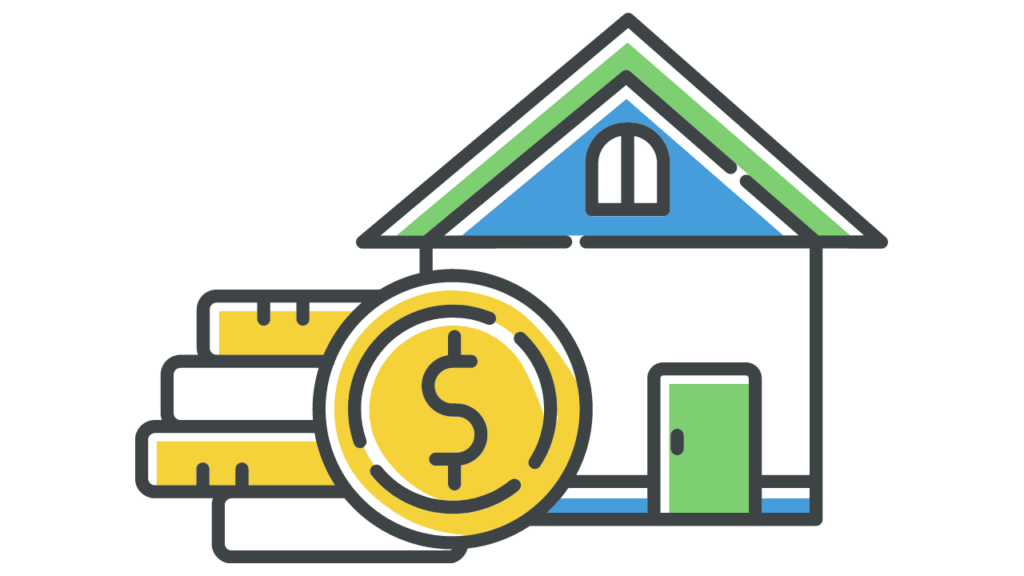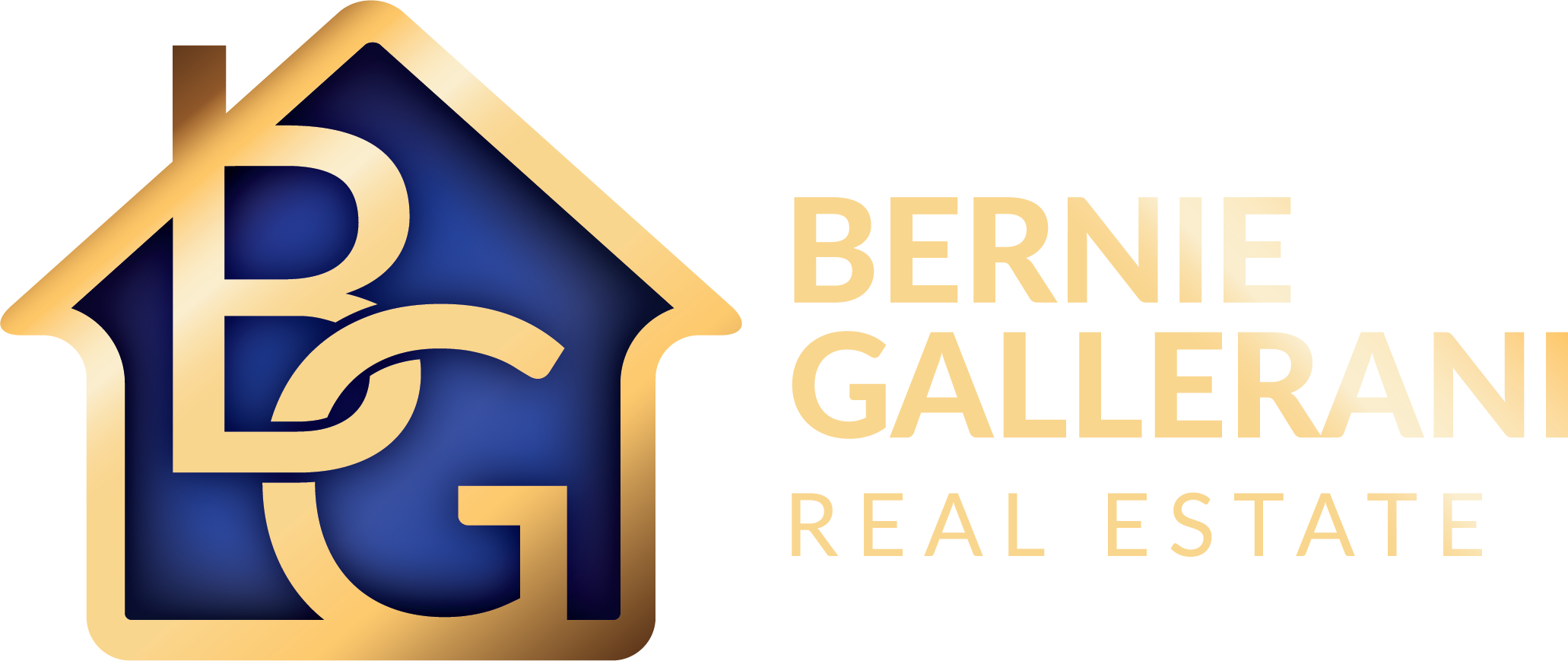Home equity is the portion of your home’s value that you own outright. It’s the difference between what your home could sell for on the open market and any outstanding mortgage or other liens you have on the property. For example, if your home is worth $250,000 and you owe $150,000 on your mortgage, you have $100,000 in equity.
Equity can be a useful tool if you need to borrow money, but it’s also important to remember that it’s one of the most important things you own – it’s effectively your “nest egg” and should be protected as such.

How Does Home Equity Work?
Home equity can be used as collateral for a loan or line of credit, providing the borrower with additional funds that can be used for any purpose. The interest rate on a home equity loan or line of credit is typically lower than that of a personal loan or credit card, making it an attractive option for borrowers who are looking to consolidate debt or make home improvements. When used wisely, home equity can be a valuable tool in helping homeowners reach their financial goals.
How Much Equity Do I Have in My Home?
There are a few different ways to calculate how much equity you have in your home. The most common method is to simply subtract the outstanding balance on your mortgage from the current appraised value of your home. However, this method may not give you an accurate picture of your true equity if your home has increased in value since you purchased it.
Another way to calculate your equity is to use the loan-to-value (LTV) ratio. The LTV ratio compares the outstanding balance on your mortgage to the current market value of your home. To calculate your LTV ratio, simply divide the outstanding balance on your mortgage by the current market value of your home. For example, if you owe $150,000 on your mortgage and your home is currently worth $200,000, then your LTV ratio would be 75%.
You can also use the LTV ratio to calculate your equity. To do this, simply subtract the LTV ratio from 100%. So, in the example above, your equity would be 25%.
There are a few other factors to consider when calculating your home equity, such as the type of mortgage you have and whether you have a second mortgage or home equity line of credit (HELOC).
If you have a fixed-rate mortgage, your monthly payments will stay the same for the life of the loan, so you’ll know exactly how much you’ll owe when it’s time to pay off your mortgage. This makes it easy to calculate your equity because you can simply subtract your outstanding balance from the current market value of your home.
If you have an adjustable-rate mortgage (ARM), your monthly payments will change over time as the interest rate on your loan changes. This can make it difficult to calculate your equity because your outstanding balance will also change over time. However, you can still use the LTV ratio to calculate your equity.
If you have a second mortgage or HELOC, your equity will be the difference between the outstanding balance on your first mortgage and the current market value of your home.
Calculating your home equity is a helpful way to keep track of the value of your home and how much you still owe on your mortgage.
How To Build Home Equity
There are a number of ways you can build equity in your home.
Make A Big Down Payment
When you buy a home, one of the most important things you can do is make a large downpayment. A downpayment is the portion of the purchase price that you pay upfront, and it plays a crucial role in building equity.
The more equity you have, the less risk you pose to lenders, and the easier it will be to get approved for future loans. Additionally, having a lot of equity can give you some flexibility if you ever need to sell your home or take out a home equity loan. So, if you want to build up your home equity quickly, focus on making a big downpayment.
Focus On Paying Off Your Mortgage
For most people, their home is the largest purchase they will ever make.
A mortgage is a loan used to finance the purchase of a home. The loan is secured by the property itself, which means that if you default on the loan, the lender can foreclose on the property and sell it to recoup their losses. A mortgage typically has a term of 15 or 30 years, which means that’s how long you have to pay off the loan. The interest rate is the amount charged by the lender for borrowing the money.
It is important to remember that your monthly payment consists of both principal and interest. The principal is the amount you borrowed, and the interest is the charge for borrowing money. Over time, as you make payments, more of your payment will go towards principal, and less will go towards interest. When your loan reaches maturity, you will have paid off the entire principal balance.
In order to build equity in your home, you need to focus on paying down your mortgage as quickly as possible. making extra payments towards principal will help you pay off your mortgage sooner and build equity in your home more quickly. In addition, refinancing to a shorter-term loan can also help you pay off your mortgage faster and build equity more rapidly.
Stay In Your Home Five Years Or More
Equity can increase or decrease depending on changes in your home’s value or the size of your mortgage. Although it may take years to build up enough equity to make a significant difference in your financial situation, it is one of the most important assets you can have. Home equity can provide a safety net in case of financial difficulties, act as collateral for loans, and even be used to finance major purchases or home improvements.
For all these reasons, it is generally advisable to stay in your home for at least five years to allow time for equity to build up. Of course, there are always exceptions to this rule, but in general, it is best to think of your home as a long-term investment.
Renovate And Add Curb Appeal
Renovating and adding curb appeal to your home is one of the most effective ways to build equity because it directly increases the market value of your property. By making strategic improvements, you can not only increase the resale value of your home but also make it more enjoyable to live in while you build equity.
Common renovations that add curb appeal and value include painting the exterior, landscaping, kitchen remodels, bathroom remodels, and roof replacement. If you’re planning to sell your home in the near future, these updates can also help to attract buyers and get top dollar for your property. So, whether you’re looking to improve your quality of life or maximize your investment, renovating and adding curb appeal is a great way to build home equity.
How To Use Home Equity To Buy A New Home
If you are planning on moving, you can use your home equity to help you buy your next home.
Let’s say the home you’re selling is worth $300,000, and you’ve built $100,000 worth of equity in it. You should leave the closing table with a profit if you sell your home for what it’s worth. You probably won’t get the entire $100,000 in equity because of your real estate agent’s commission and closing costs, but you will end up with a decent amount of profit that you can use for a down payment on your next home.
A larger down payment will allow you to buy a larger, more expensive home.
How Can You Access Your Home Equity?
Home Equity Loan
A home equity loan is a loan that uses the equity in your home as collateral. Home equity loans are often used to finance major expenses such as home repairs, medical bills, or college tuition.
Because they are secured by your home, they typically offer lower interest rates than unsecured loans. However, if you default on a home equity loan, you could lose your home. For this reason, it is important to only borrow what you can afford to repay.
When used responsibly, a home equity loan can be a great way to finance a major purchase or consolidate high-interest debt.
Home Equity Line Of Credit
A home equity line of credit, also known as a HELOC, is a type of loan that uses the equity in your home as collateral. A HELOC can be a flexible and affordable way to borrow money for a variety of purposes, including home improvements, debt consolidation, or major purchases.
One of the key benefits of a HELOC is that you only have to pay interest on the portion of the loan that you actually use. This can help to keep your borrowing costs down. Another benefit is that you can typically access funds as you need them, up to the limit of your credit line. This makes a HELOC an ideal choice for unexpected expenses or financial emergencies.
If you’re considering a HELOC, it’s important to compare offers from multiple lenders to find the best terms and rates. You should also make sure that you understand all of the fees associated with your loan before you apply.
Cash-Out Refinance
A cash-out refinance is a type of mortgage loan that allows homeowners to borrow against the equity in their home. The funds from a cash-out refinance are typically disbursed as a lump sum, making it an ideal way to access large sums of cash at once.
Borrowers should be aware that a cash-out refinance will typically result in a higher interest rate than a traditional mortgage loan, as well as additional closing costs. However, for borrowers who are able to secure a lower interest rate, a cash-out refinance can be an excellent way to consolidate debt or finance major purchases.
